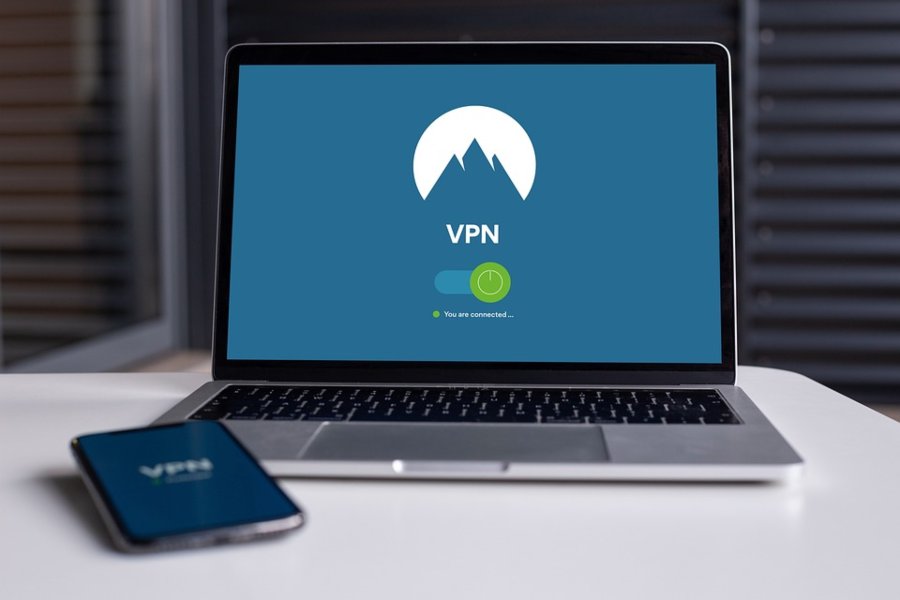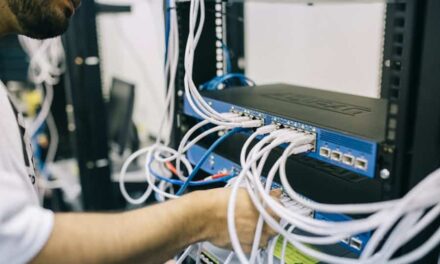Modern laptop users depend on their machines for everything—remote work, gaming, streaming, banking, and travel. Concerns about data privacy, network security, and content access follow mobile computing’s ascent. The desire for digital freedom and security has never been stronger, whether your work from a Berlin café or you are watching a late-night broadcast in Tokyo.
This is where tools like Planet VPN become particularly useful. They make it more difficult for third parties to trace or intercept data by helping encrypt internet connections and redirect information over safe servers. A VPN is among the easiest and most efficient technologies available to laptop users using Windows, macOS, even Linux to increase both privacy and convenience. Although most power users utilize VPNs, the typical consumer increasingly finds it necessary, particularly given so many laptops now arrive with always-connected capabilities. Furthermore noteworthy are easy VPN programs for Android and iOS that fit the cross-platform usage scenarios we depend on every day.
From a technological viewpoint, many laptops—especially hybrid devices and ultrabooks—are routinely used on unprotected public networks. These settings really carry threats. VPNs encrypt the sent data so it cannot be readily accessed or intercepted. This is especially important while working on shared platforms, visiting far-off desks, or using cloud storage. Even activities like sending emails or browsing can leak sensitive metadata, something VPNs help obscure.
For added privacy protection when accessing online resources, services like Whoer ensure that your data remains anonymous and secure, preventing any potential tracking or unauthorized access.
But the advantages go beyond just security. VPNs can actually enhance user experience in certain computing scenarios. Remote workers, for example, might run against region-specific content, tool, or website limitations. Bypassing these geo-blocks, VPNs provide complete access to internet resources wherever. Digital nomads and students overseas, who must access services maybe only available in their own country, greatly depend on this.
Fast NVMe storage and strong multi-core CPUs abound in modern laptops. These features let them manage VPN encryption tasks smoothly, without slowdowns. Lightweight VPN clients are optimized to work in the background with minimal system resource consumption. So whether you’re editing 4K video, compiling code, or just browsing multiple tabs, performance remains largely unaffected.
There’s also the topic of software updates and telemetry. Operating systems today regularly ping servers for updates, diagnostics, and other communications. Although this mostly serves user advantage, many would rather have more control over where and how their data is transmitted. VPNs let users hide their IP addresses, therefore providing a layer of anonymity from unwanted data collecting methods even in cases when a browser is not active.
Another area where VPNs are beginning to be more important is gaming. Competitive gamers, especially on gaming laptops, can change server locations. This helps them find better ping and avoid throttling from their internet providers. Some even use VPNs to gain access to early-release titles available in other countries. The key is using a VPN service that balances security with speed, ensuring latency remains low.
In the world of laptop computing, battery life and efficiency matter. VPN technology has improved a lot. Most clients now offer features like split tunneling, auto-connect, and kill-switch options. These tools help optimize performance and save battery life.
For today’s user, a laptop should serve as a secure hub for work, media, and communication. So, using a VPN is not just a precaution. It’s a smart move for gaining digital independence. It’s about maintaining control over your connection, ensuring privacy across devices, and enabling access without compromise.










